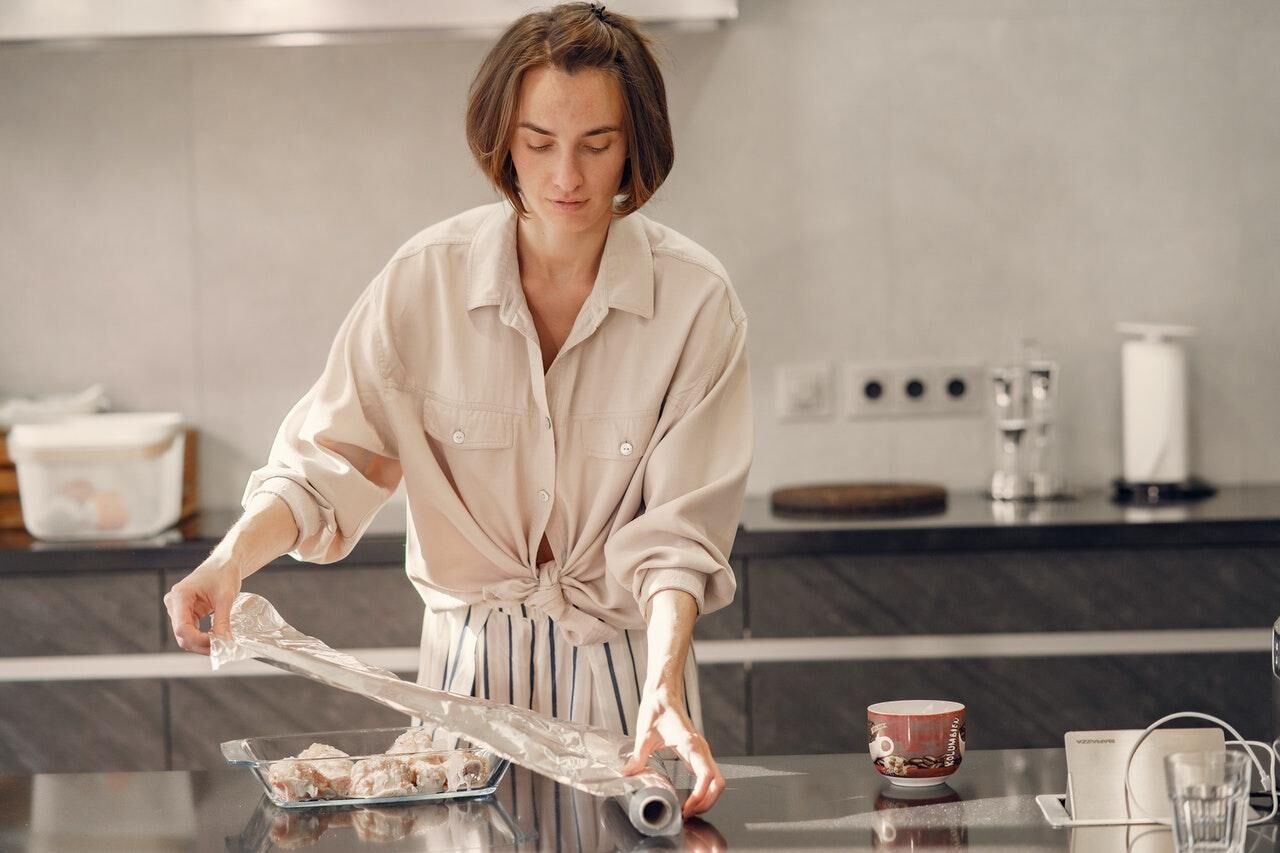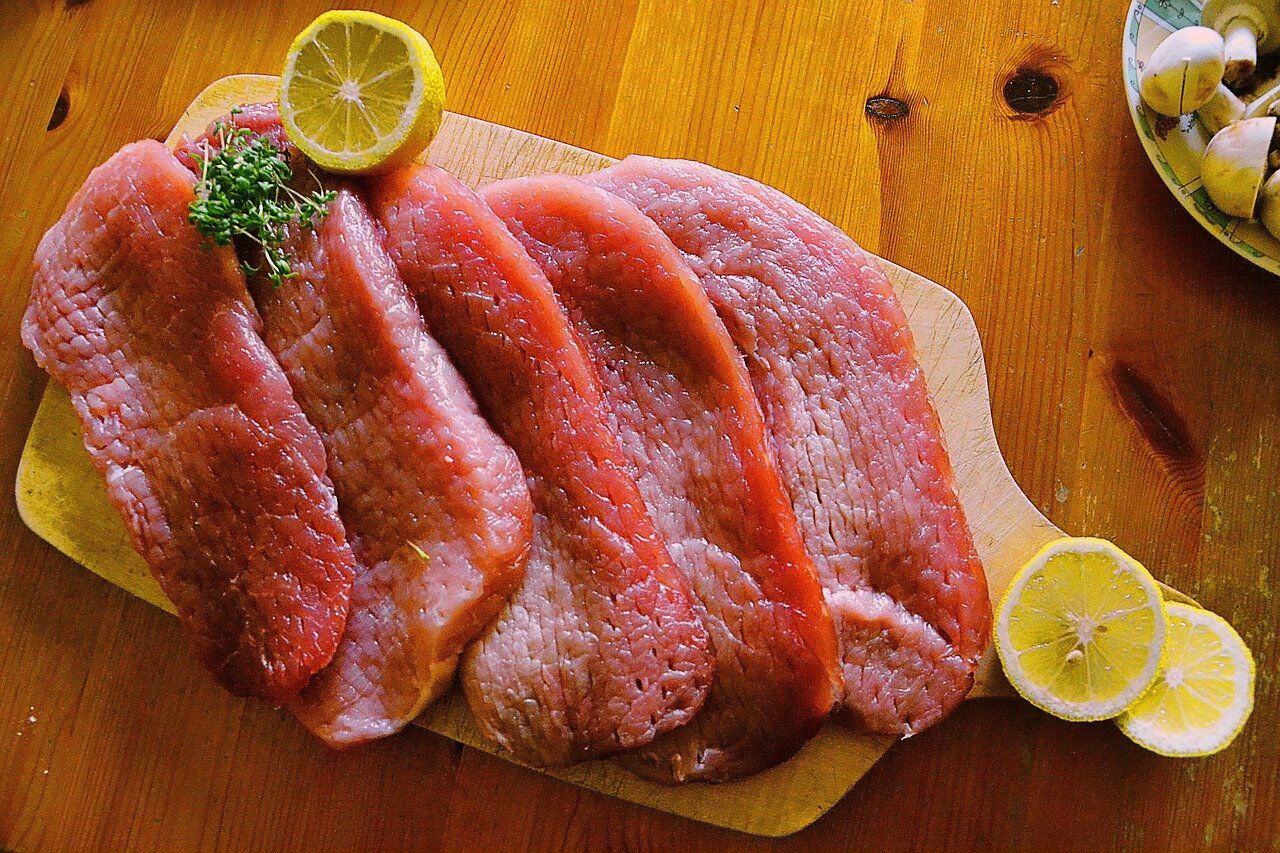When it comes to some common kitchen habits and practices, it seems though they are tips and advice adopted from a parent, trusted friend, or hearsay. Our mothers and grandmothers, especially, were trying to remember as many useful tips to pass it on to the next generation. And while some might be ultimately true, there are these “golden rules” that for some reason we do not question but should definitely be reconsidered, at last!
There is no denying that some of these practices were once absolutely accurate according to findings and beliefs at that particular point in time. However, in today’s circumstances, they are no longer applicable as modern solutions have advanced, and discoveries and countless up-to-date researchers confirm the science behind these long-lasting myths.
Well, before stepping into the kitchen again and avoiding the “toxic” tin foil that seems so convenient to use, it’s time to reconsider the reasons behind your actions and discover the truth behind several most popular kitchen myths.
1. Aluminum (Tin) Foil is Not Safe to Use in the Kitchen
Taking into consideration that the term tin foil has “survived” in the English language to the present day, it’s totally understandable why the myth related to this clever invention still hunts it. What once was a tin foil made of tin, today is aluminum foil made of aluminum, which are two different materials. Tin is a cheaper and not so polished aluminum that when in contact with food can leave some tin residue on it. This is why the tin foil would make the food smell as tin.
Today’s aluminum used for the production of aluminum oil intended to be used for food packaging and cooking is different. So, is aluminum foil bad for you?
Not so much! This foil is manufactured to not designate even at higher temperatures not affecting the food in any way. However, one should be careful of the additional substances that are inside the oven while cooking that might cause the aluminum to leech. Well, it seems though knowledge makes life simpler!
Copyright: Pexels | CC0 Public Domain
2. The Meet Marinated for Hours Tastes Better
Well, if you’ve been waiting for hours for your meet to get finger-licking tasty you are fooling yourself. Once added into the marinade it takes about 15 minutes for the marinade to penetrate in the meat. That is too quick you might think, however, the marinara can only penetrate a few millimeters under the surface of the meat, nothing more. So, despite the time left in the mixture, the meat won’t soak more than what it can penetrate in the small undersurface area. Therefore, it seems pointless to leave the meet soaking the marinade for hours.
3. Salt Doesn’t Make the Water Boil Faster
Completely opposite to what many believe is true, when added to the heating water, salt increases the boiling point if it. And while this is the truth behind the myth it certainly is not what you should expect when adding salt in the water you heat. Moreover, in order to affect the boiling point of the water, the amount of salt added should be higher than what we perceive as enough. Additionally, the amount of salt, we usually use in cooking, is way too low to make any difference to the things cooked in it.
4. Rinse the Meat Before Cooking
We see raw meat as a potential danger to our health as raw meat hosts numerous bacteria. For that matter, we feel the need and believe that we should rinse the meat in order to get read of the harmful bacteria, before cooking. However, the bacteria in raw meat can’t just be rinsed.
The temperature that we cook the meat at is high enough so none of these bacteria can survive, opposite to rinse that is unable to eliminate them. Therefore, if the temperature wasn’t enough to kill these bacteria we would not be able to eat meat as rinse won’t help.
Additionally, when rinsing meat you are most likely to spread the bacteria on the kitchen sink, food that you might have near the sink, and on your hands which leaves you exposed to the harmful bacteria that you’ve tried to rinse off. Remember to not rinse the meat, instead, put it in the oven or pan immediately.
Copyright: Pixabay | CC0 Public Domain
5. It’s Unsafe to Refreeze Meat
It’s widely believed that once you unfreeze a previously frozen meat or poultry you need to use it in a short time frame and you shouldn’t be freezing it again. This is a total myth. It should be completely safe to refreeze the meat as many times as you need and apart from losing a bit of its texture and quality, the meat will still be safe to eat. If you are following the usual precautions regarding meat storing, refreezing it won’t make the meat unsafe to e


